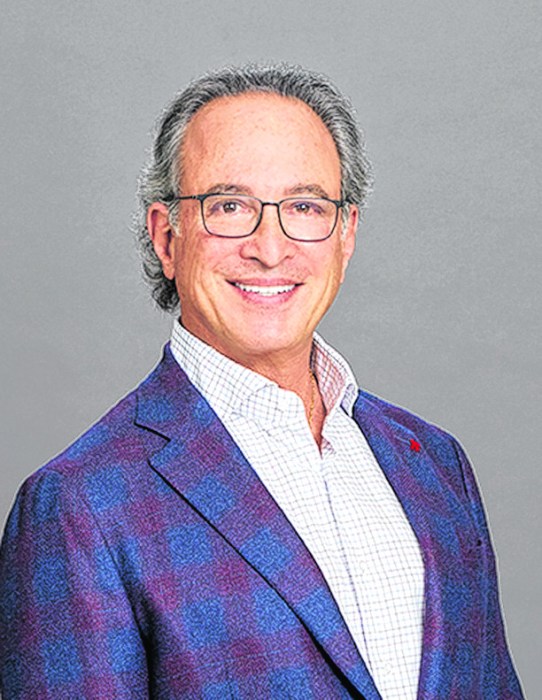One-in-four of adults is coping with or will confront a condition associated with mental illness. Since the age of 19, I’ve been dealing with panic attacks, anxiety, and depression. Now at 30, my insights as a medical professional and my personal experiences in the pursuit of mental health inspire this three-pronged approach to responsibly cover mental illness: 1. Help remove the stigma. 2. Let people know where they can get help. 3. Closely monitor or close the comment section below the articles.
Prior to coronavirus plaguing people’s jobs, hobbies, and livelihoods, 25% of Americans were likely to experience mental illness at some point in their lives. Now, with rampant unemployment, the loss of many people’s health insurance, a rising coronavirus death toll, coupled with the shut-down of places such as gyms, movies, and places of worship, this current situation is a recipe for disaster. For those already suffering, it brought about a worsening of their conditions.
Mental illness has been here since way before COVID and it will continue. And more than likely, it affects someone you know—even if you aren’t aware of it.
During these sensitive times regarding politics, some media outlets have chosen to turn off comments. I believe as Americans we have a right to free speech. With that being said, anyone is free to take the link to an article and post it to social media, where they can then express their feelings freely and engage in discourse with others.
While any attention paid to mental health issues by reputable news sources is appreciated, if news outlets are unable to monitor the comments section on mental health stories for vile and potentially triggering comments, they might want to consider omitting the comments section on those articles.
Those suffering come from all walks of life, from new moms suffering from postpartum depression to veterans with PTSD to first responders, doctors, and nurses who have treated many COVID patients, and witnessed too many patients die, in the worst of circumstances–alone and scared. Many fear seeking help because of their relationships and their careers.
While reading articles and realizing they are not alone can be helpful, seeing hateful and dangerous comments below those very same articles can reinforce their reticence to seek help, and trigger far more serious problems.
News outlets need to take some responsibility for not only what they print, but also for what they allow to be visible on their site.



































